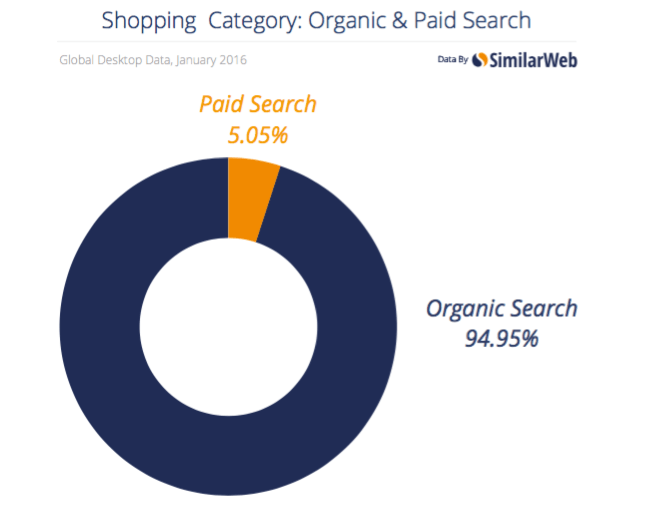Artificial intelligence (AI) is revolutionizing business operations across industries by boosting efficiency, streamlining workflows, and driving innovation. From customer service to supply chain management, cybersecurity, data analytics, and marketing, AI adoption in business continues to accelerate as companies seek competitive advantages, reduce operational costs, and enhance decision-making through data-driven insights.
According to McKinsey & Company, AI adoption worldwide has more than doubled since 2017, with over 50% of companies now using AI in some capacity as of 2024. Rapidly emerging areas like generative AI, robotic process automation (RPA), and predictive analytics help companies automate repetitive tasks, optimize decision-making, and enhance customer experiences.
For entrepreneurs, AI offers both exciting opportunities—such as greater efficiency and scalability—and notable challenges related to ethical concerns, workforce displacement, and cybersecurity.
Key Areas Where AI is Transforming Business Operations
1. Automation and Workforce Efficiency
AI-driven automation stands out as a major driver of operational transformation, enabling companies to reduce manual workloads and streamline tasks.
- Customer Support: AI-powered chatbots handle as much as 80% of routine inquiries, freeing up human agents to focus on complex customer needs (Gartner).
- Finance and Accounting: AI tools automate invoice processing, fraud detection, and financial forecasting for improved accuracy and efficiency.
- HR and Recruitment: Applicant tracking systems scan resumes, filter candidates, and even schedule interviews, reducing hiring time and labor costs.
As more organizations adopt RPA and AI-focused business intelligence, workforce efficiency is set to rise further.
2. AI in Data Analytics and Decision-Making
AI is reshaping how businesses gather, interpret, and act on data. Machine learning algorithms can analyze massive datasets in real-time, providing immediate, actionable insights.
- Predictive Analytics: Businesses can forecast product demand, detect emerging trends, and fine-tune pricing strategies.
- Sentiment Analysis: AI tracks customer feedback, social media chatter, and online reviews to gauge public perception.
- Supply Chain Optimization: Logistics tools powered by AI predict shipping delays, optimize warehouse management, and cut waste.
According to PwC, organizations that leverage AI-driven data analytics see a 20–30% jump in operational efficiency, underscoring AI’s importance for strategic decision-making.
3. AI in Marketing and Personalization
Businesses increasingly turn to AI to personalize customer experiences and refine marketing efforts.
- Personalized Engagement: AI tailors product recommendations to individual users, boosting conversions and loyalty.
- Content Generation: Tools powered by AI create marketing copy, blog posts, and social media updates—helping teams save time while maintaining consistency.
- Ad Targeting and Optimization: AI refines advertising strategies by analyzing user data, improving the return on ad spend, and targeting precision.
Salesforce reports that AI-driven marketing strategies can enhance customer engagement by 35%, illustrating how AI can lift marketing outcomes.
4. AI in Cybersecurity and Risk Management
As companies grow more reliant on digital systems, AI plays a vital role in safeguarding against cyber threats.
- Threat Detection: AI-based security solutions monitor network traffic and user behavior in real-time, spotting potential attacks early.
- Fraud Prevention: AI algorithms identify questionable transactions in banking, fintech, and e-commerce, reducing fraudulent activity.
- Compliance Automation: AI classifies sensitive information and helps companies maintain regulatory standards.
Research from IBM Security finds that organizations using AI-powered cybersecurity tools can shrink breach detection times by 96%, limiting damage and costs.
5. The Rise of Generative AI in Business
Generative AI, which creates text, images, videos, and code, is increasingly valuable in fields ranging from marketing to software development.
- Content Creation: AI tools draft marketing copy, financial reports, and customer communications.
- Software Development: Automated coding assistants write and debug code, accelerating product releases.
- Legal and Compliance Documentation: Legal teams use AI to draft contracts and review regulations more efficiently.
Accenture reports that companies adopting generative AI can see productivity gains of up to 40%, underscoring its transformative potential.
Challenges and Ethical Considerations
Despite AI’s benefits, the technology poses ethical, regulatory, and workforce challenges:
- Workforce Displacement: Automation can eliminate certain roles, requiring businesses to invest in employee reskilling.
- Bias and Ethical Risks: Models trained on skewed data risk producing unfair or discriminatory results.
- High Implementation Costs: For small businesses, AI tools can be prohibitively expensive without affordable solutions or strategic planning.
MIT Technology Review notes that 85% of business leaders worry about AI’s ethical issues but lack comprehensive policies to address them. Developing ethical AI practices and governance will be crucial for responsible AI adoption.
What AI Adoption Means for Entrepreneurs
For startups, AI offers a path to early competitive advantage—especially if they can leverage it to reduce costs and deliver unique value. Nevertheless, founders must stay alert to regulatory shifts and ethical pitfalls associated with AI deployment.
Strategic and responsible use of AI can help businesses scale quickly and capture larger market segments.
AI Adoption in Business: Final Word
AI is redefining how businesses function, from automating daily tasks to enhancing cybersecurity and refining data-driven decision-making. Although AI can bring significant efficiency gains and open new avenues for growth, entrepreneurs and established organizations alike must tackle challenges tied to ethics, workforce impact, and financial barriers.
By integrating AI responsibly and thoughtfully, businesses can secure a decisive edge in the competitive digital economy—one that rewards both innovation and ethical stewardship.
Related:
- Anthropic’s New AI Agent: Claude Computer Use
- Will AI Displace People in the BPO? Trends & New Opportunities
- The Best Business Automation Tools to Use

We empower people to succeed through information and essential services. Do you need help with something? Contact Us.
Want a heads-up once a week whenever a new article drops?







